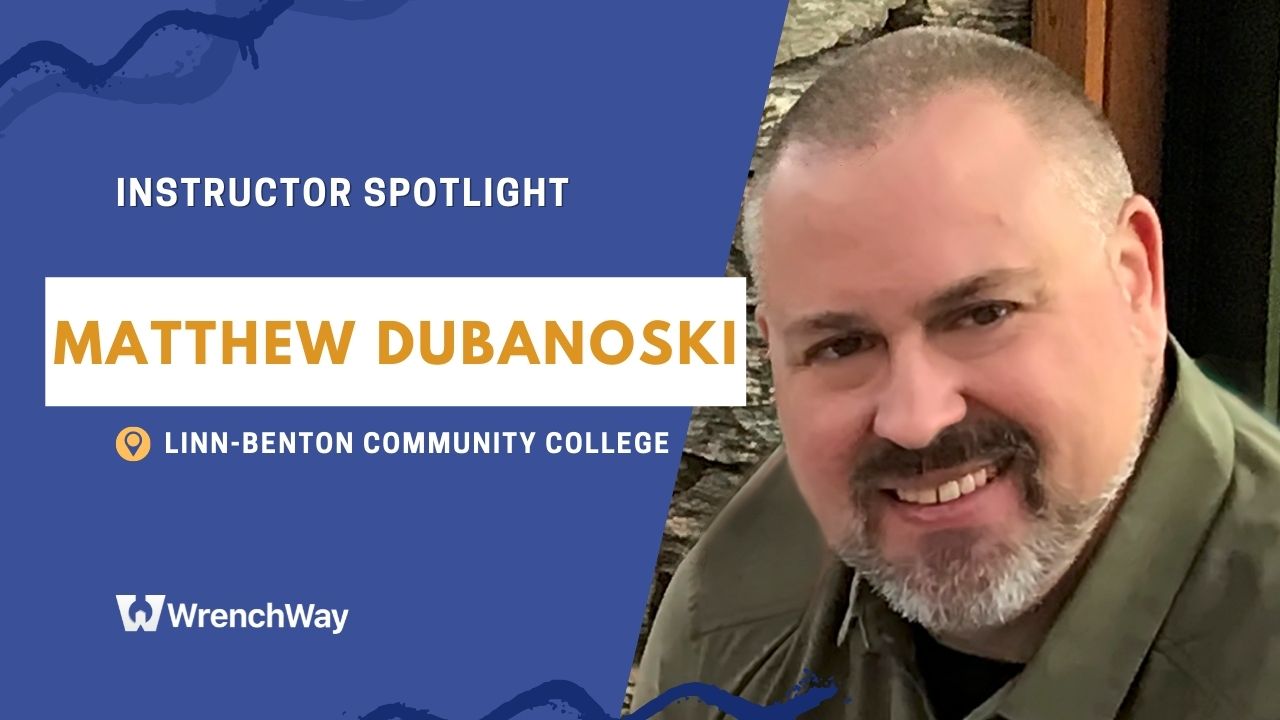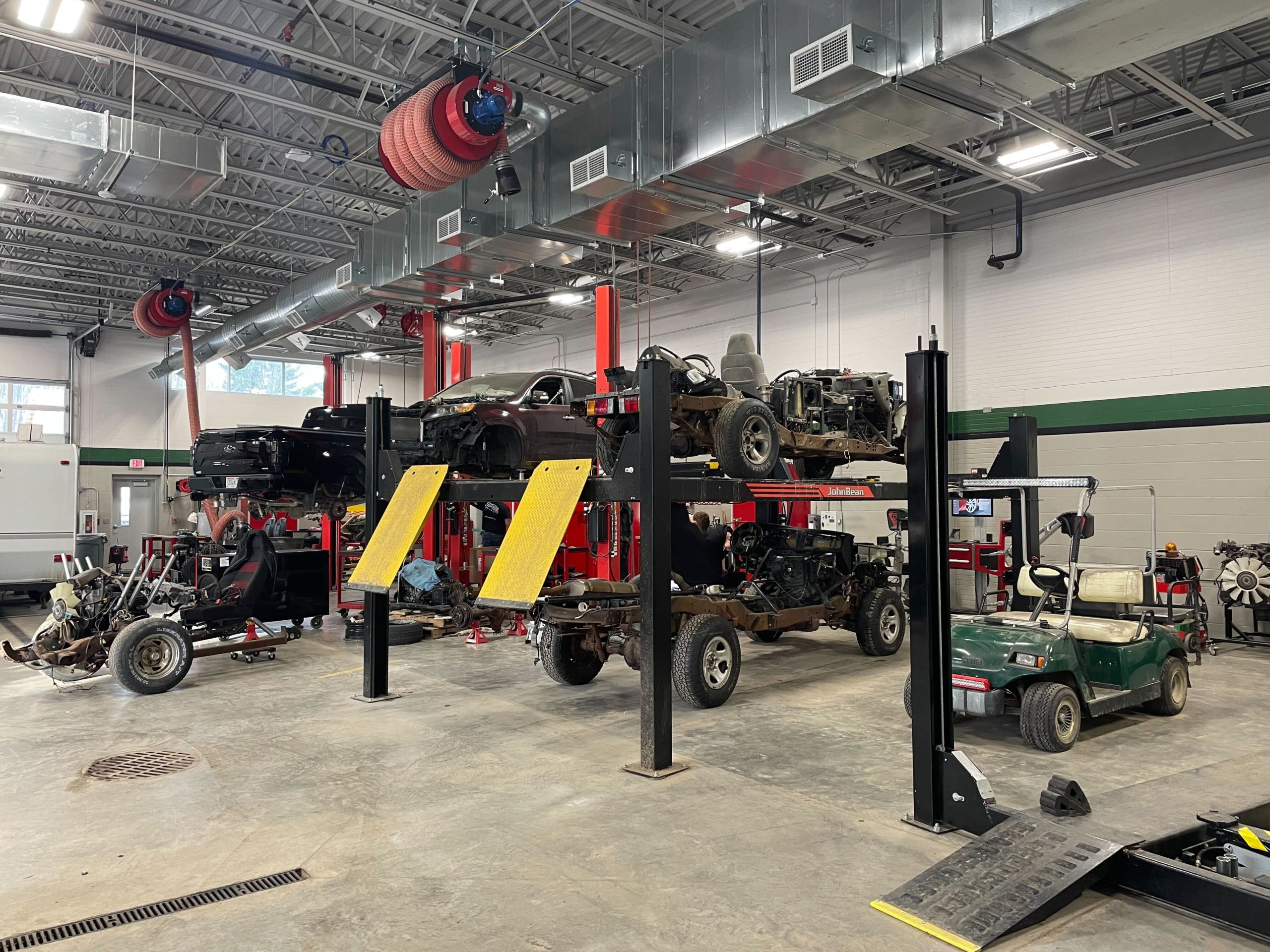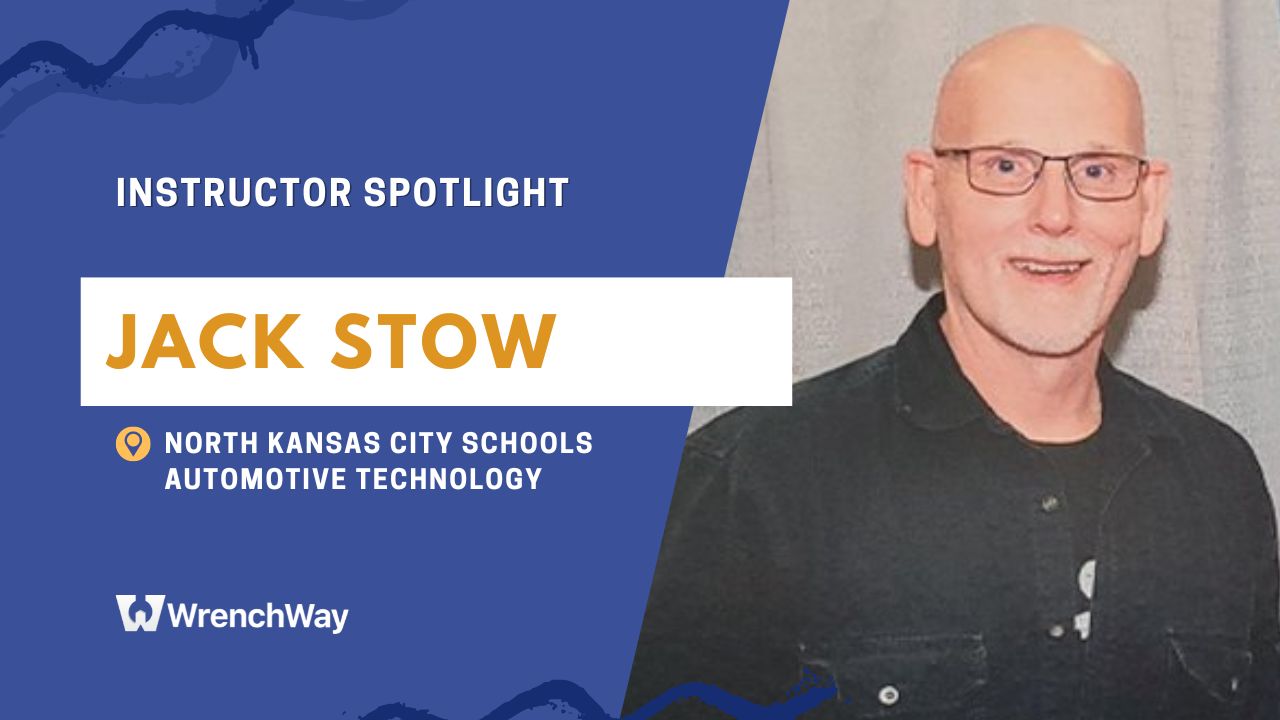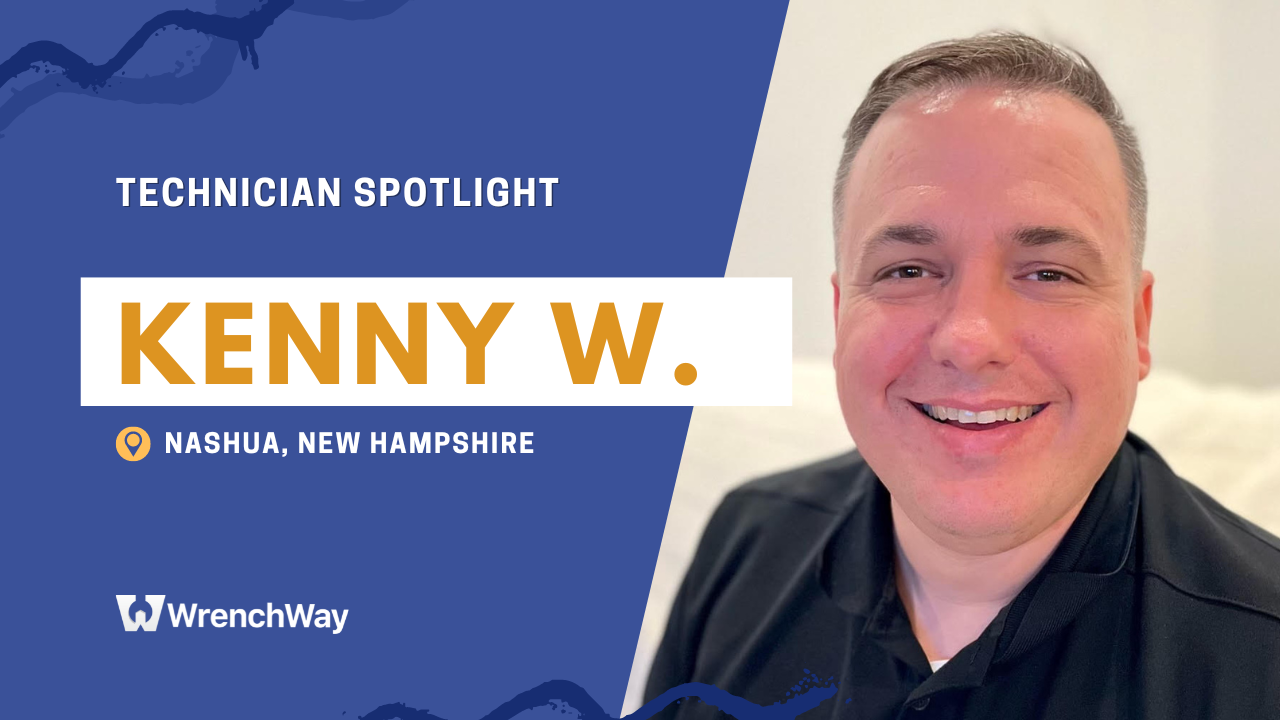This article is part of an ongoing series to highlight instructors in the automotive and diesel industries and promote the technician career. Are you an instructor who wants to be spotlighted? Sign up!
Instructor Spotlight: Matthew Dubanoski
Name: Matthew Dubanoski
School: Linn-Benton Community College
Experience: 3 years as an Automotive Technician, and 9 years as an Automotive Instructor
What was your first car?
My first vehicle was a green stock 1978 Honda Civic CVCC. Not exactly a head turner, but it served its purpose and was light on the wallet. Shortly after came a 1971 Volkswagen Bug. The bug’s powerplant was a 1835cc engine with a mild camshaft and dual carburetors. The bug was not very fast, but it sure was quick and cornered on rails. I always had a smile on my face driving the bug. I continue that elation today when I work on and drive my two 1969 Volkswagen Bugs.
How long were you a technician? How long have you been an automotive instructor?
I have been working in the industry professionally for 12 years. I had been a technician for three years before getting the chance to return to work at my alma mater. I was hired as an Instructional Specialist for the Automotive Program and spent five years in that position. Four years ago, a co-worker retired and that gave me the opportunity to become a faculty instructor, or as I call it… a professional student. This is now my fifth year of teaching electrical systems, engine performance, and maintenance & light repair.
What excites students to enroll in your program?
The majority of potential students tend to be habitual tinkerers with a very hands-on approach to their education. The insatiable appetite to figure out how things work is usually the driving factor influencing potential students to join our program. Our racing simulator with haptic technology also helps bring students in as well. We take the simulator out to career fairs and events to promote our program.
How do you help your students find apprenticeships/part-time/full-time employment?
Our program requires 360 hours of Cooperative Work Experience (CWE) in the industry. Students will get exposure to one or more employers through CWE and through tours of repair facilities. The CWE Faculty Coordinator and I both visit shops in the surrounding areas to speak with employers and potential employers on a regular basis to maintain good relationships.
What do you hear from former student about the industry?
Students report that our student tool program gave them the leg up that was needed to enter the industry and be successful. The college provides students with tools while they are learning at our facility, but we wanted to take a step further. The college charges the students a tool fee that is rolled into the program tuition for the first year. After successful completion of their first year in the program, we give the students their earned tools and tool box. The students can take these tools to their summer jobs to start fulfilling the CWE requirements. After graduating from the automotive program, the students are prepared to jump right into the lube technician or maintenance positions with quality tooling. I send out graduate surveys three months after students finish the program to get feedback from them. The college usually keeps track of the students for around three years, even longer for graduates that stay in the area.
What is the best advice you can give a new instructor?
To me, the student’s learning experience is of utmost importance. Be sure to show your enthusiasm for the subject and make learning fun. Our industry is advancing so fast that I try to focus on new resources for my students to augment the material I prepared earlier. Also, it’s vital to take advantage of your institution’s course surveys and formative feedback programs that are offered. These will aid you in evaluating the effectiveness of your teaching methods and the quality and usefulness of the information you are presenting.





